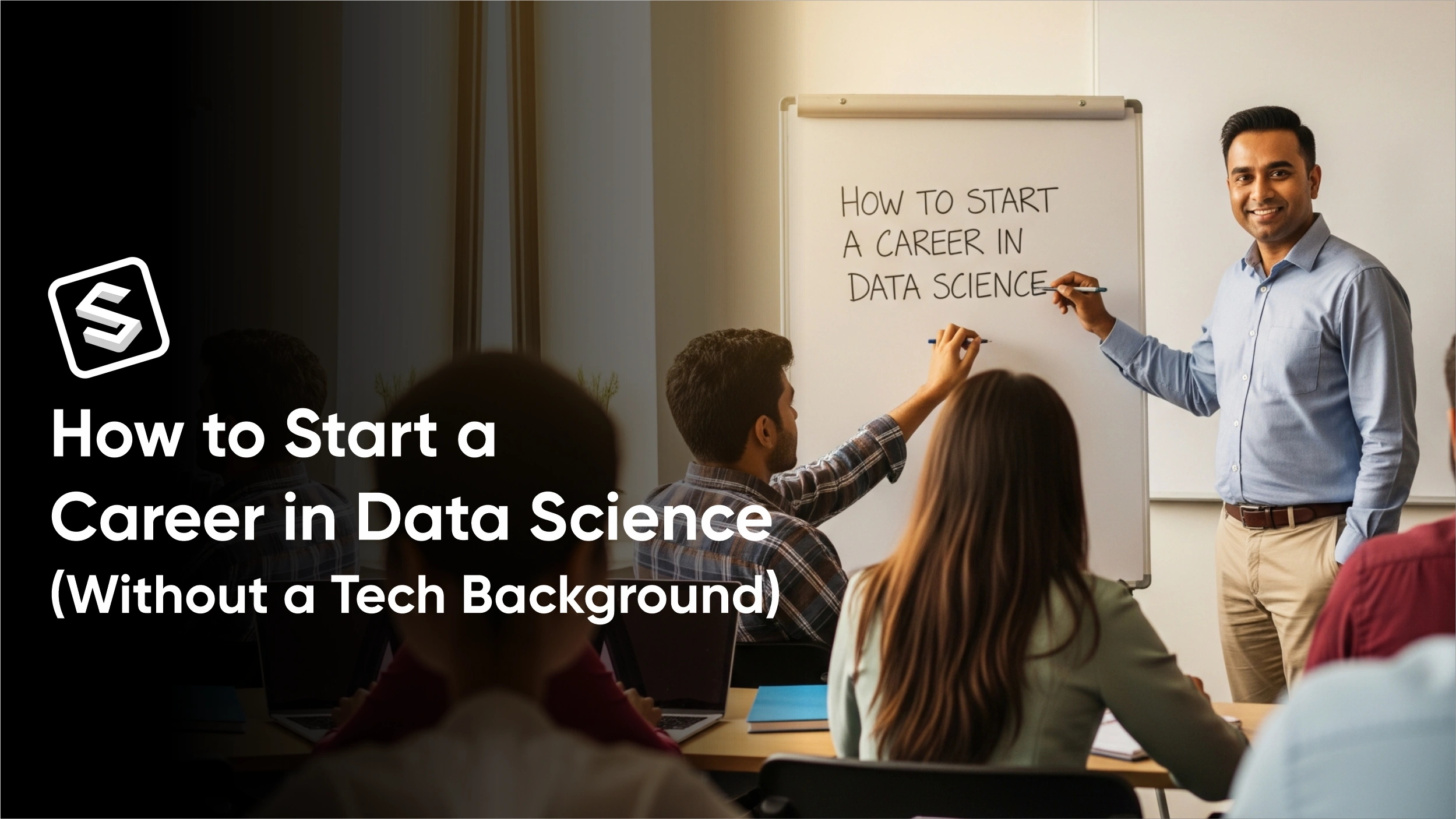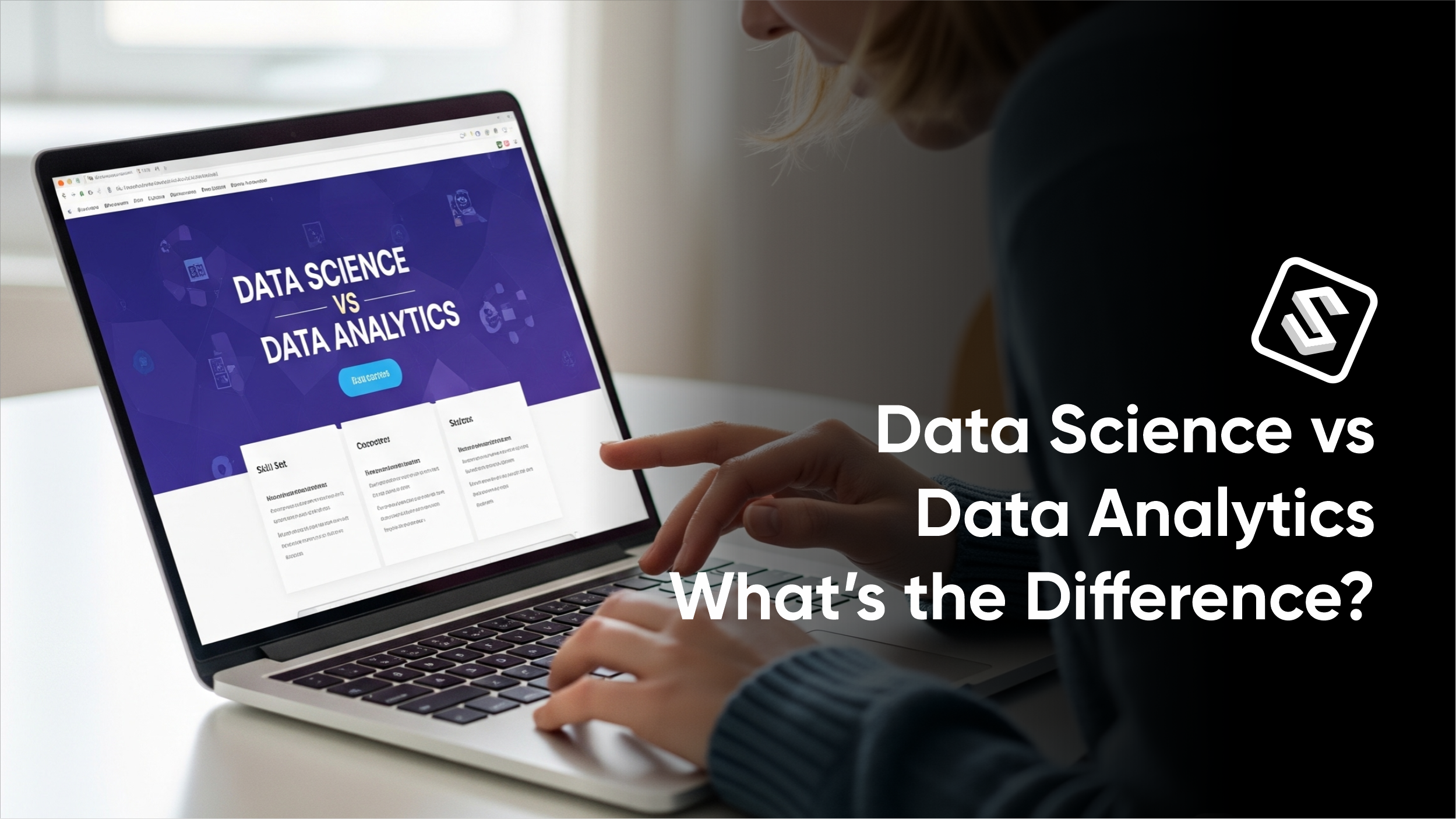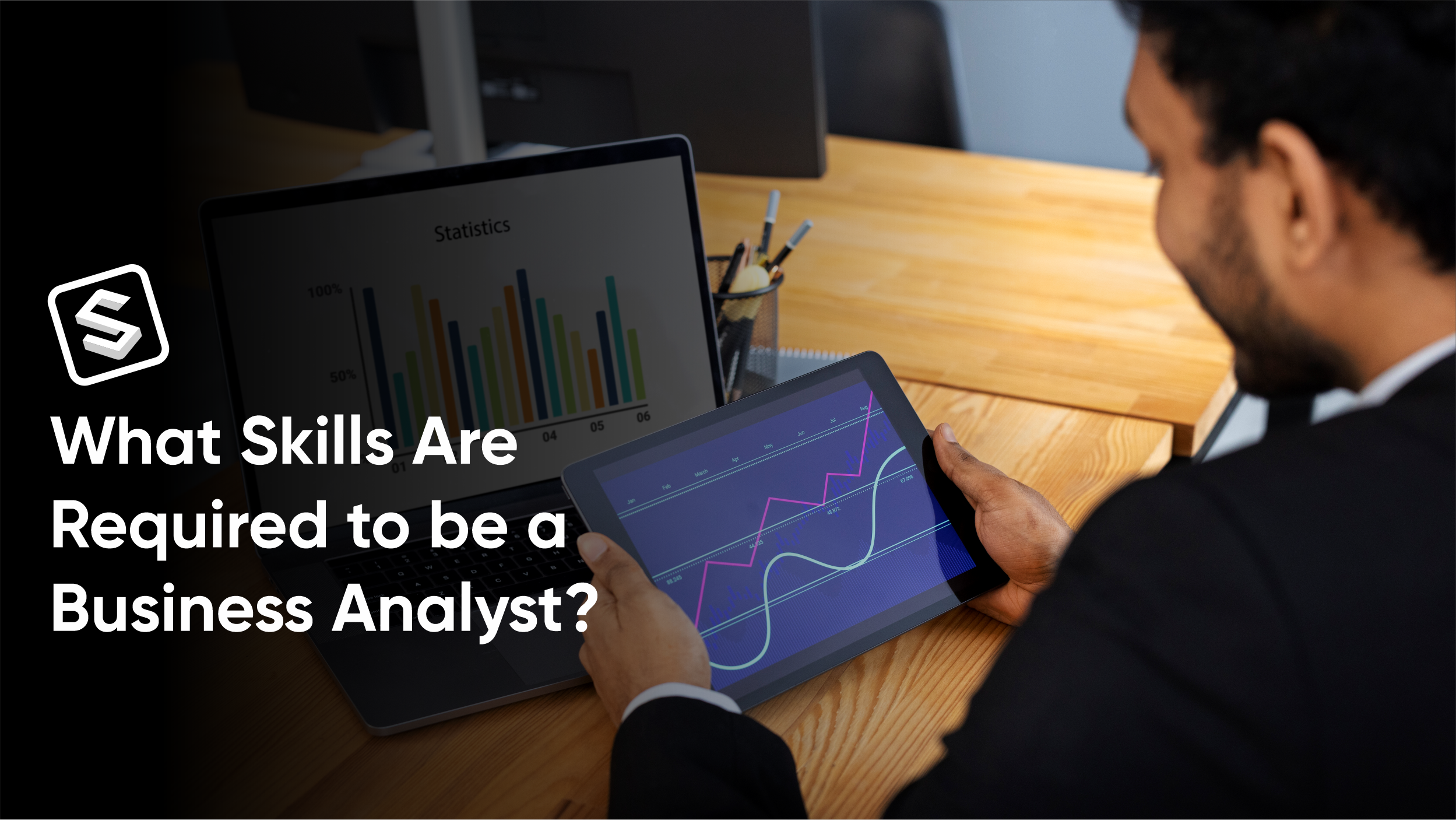
In the data-saturated world we live in now, the career of data science is flourishing with possibilities. With industries and companies increasingly depending on data to drive their choices, the need for data scientists is growing in leaps and bounds.
However, what if you're not from a technological background? Can you still enter this financially rewarding profession? The answer is a definitive yes. Numerous professionals from non-technical backgrounds like finance, marketing, HR, and even education have managed to make a career shift into data science.
We will guide you through steps to pursue a career in data science with no background in tech, and how SkillStackHub can be your ideal launchpad by providing you with the appropriate data science course for you.
Why Data Science is a Great Career Choice?
Before diving into the how, let’s understand the why. Data science is one of the most in-demand careers globally. It offers high-paying roles, flexible working environments, and opportunities across every industry — from healthcare and e-commerce to sports and government.
Based on industry reports, the salary of a data scientist is much higher than other analytical positions, and the rate of growth is going to be very robust for years to come. Add to this that data science encourages creative as well as analytical thinking and that it is an interesting career opportunity for inquisitive minds.
Myth-Busting: You Don't Need to Be a Programmer
One of the largest myths about data science is that it's only for programmers or individuals with a heavy tech background. That just isn't the case. While programming is an important skill, data science is a multidisciplinary practice that involves combining statistics, business acumen, and data storytelling.
In fact, many successful data scientists started with zero coding knowledge. What matters more is your willingness to learn and your ability to solve problems using data.
Step-by-Step Guide to Start Your Data Science Career (Without Tech Skills)
1. Understand What Data Science Really Is
Before you start, take some time to learn what data science is really about. It's not all about constructing intricate models or authoring lengthy scripts. Data science is ultimately about asking the correct questions, gathering the correct data, meaningfully analyzing it, and communicating findings clearly.
Try watching YouTube videos, podcasts, or start-up blogs. Sites such as SkillStackHub also feature free webinars and quick workshops where the fundamentals of data science are described in simple language.
2. Take a Beginner-Friendly Data Science Course
The right learning option makes a big difference if you're a newcomer. Try to find a data science course geared for starters — particularly one that does not expect any programming or technical background.
At SkillStackHub, they have data science courses designed for beginners that are specifically for non-tech background students. They go from data analysis in Excel and Python basics to data visualization and machine learning — all in simple modules. The most critical aspect is that they blend theory and real-world projects so that you get hands-on experience.
3. Learn the Key Tools and Technologies
Though you don't have to be a software developer, it still helps to familiarize yourself with fundamental tools that are applied in the data science field. The following are the most critical ones:
- Excel – Excellent for data manipulation and rapid analysis.
- Python – Most common programming language for data science. You can begin with simple syntax.
- SQL – It assists you in pulling data out of databases.
- Power BI or Tableau – Data visualization tools that can be used to tell stories.
All these tools have beginner-level lessons in SkillStackHub's data science course, along with guidance from expert mentors who can assist you when you're stuck.
4. Practice on Real Projects (Even Small Ones)
Nothing is better than practice. Begin with small data projects. For instance, you can:
- Examine your family expenditure
- Analyze Kaggle (data science competition platform) data
- Do a case study on COVID-19 data or sports data
These assignments will help you practice, as well as develop your portfolio. A good portfolio can offset the lack of experience when you are applying for a job.
SkillStackHub provides you with real-world case studies and capstone projects, which you can add to your portfolio to demonstrate your skills to potential employers.
5. Learn to Tell Stories with Data
Numbers alone are not enough. One of the most valuable skills in data science is the ability to communicate your insights clearly. This involves using visuals (charts, graphs, dashboards) and explaining the results in simple language.
Data storytelling is especially important if you’re aiming for roles like data analyst, business analyst, or data translator — which are ideal for non-tech backgrounds.
Some of the most in-demand SkillStackHub sessions involve data storytelling and presentation skills. These soft skills can really make you stand out in an interview.
6. Be part of Data Science Communities and Events
Learning in a community is extremely helpful. Participate in online communities, webinars, LinkedIn influencers, and in-person meetups or virtual hackathons. Being part of the community keeps you motivated, up-to-date, and in the spotlight in the industry.
SkillStackHub also features an active online community and frequent live Q&A sessions where you can pose questions and engage with sector experts.
7. Get Internships or Freelance Work
Once you're comfortable with the fundamentals and have some work in your portfolio, begin applying for internships or freelance work. You don't need full-time employment — even part-time or temporary projects provide useful experience and credibility.
Try to find work like:
- Junior Data Analyst
- Business Intelligence Intern
- Data Entry Analyst (with Excel and SQL)
- Marketing Analyst (awesome if you have a marketing background)
Freelance websites such as Upwork or Fiverr tend to have data-related entry-level freelance work. And don't forget, nobody begins anywhere — your initial job doesn't have to be fantastic; it just needs to be a stepping stone.
8. Keep Learning and Stay Curious
Data science keeps changing. Even after getting a job, it's essential to keep enhancing your skills. You can begin to learn advanced concepts like machine learning, deep learning, or cloud computing as you mature.
With SkillStackHub, you have access to revised learning material for life, allowing you to learn at your convenience.
Career Paths Available for Non-Tech Individuals
Here are some data science roles that are particularly well suited for non-tech individuals:
- Data Analyst – Works closely with studying datasets to identify trends and make conclusions.
- Business Analyst – Seeks to bridge the gap between business objectives and information extraction.
- Data Journalist – Tries to convey interesting tidbits using data (perfect for writers or those in the. media).
- Data Product Manager – Oversees data products and aligns teams.
- Data Translator – Serves as the bridge between technical data teams and business units.
All of these positions need a combination of analytical mind, business acumen, and communication – not necessarily in-depth coding skills.
It is definitely possible to break into data science without having a technical background — all it requires is organized learning, curiosity, and determination. Your experience, even though it may not be technical, can be your big advantage. Businesses require people who can translate business issues and resolve them using data.
Begin by taking a respected and beginner-friendly data science course, lay down your foundation skills, focus on small projects, and learn continuously. Regardless of whether you belong to finance, education, sales, or any other profession, you already possess good insights — you simply need the data science layer to open up new career doors.
SkillStackHub offers hands-on, practical courses designed specifically for non-tech learners. With expert support, real projects, and a vibrant learning community, SkillStackHub can help turn your career goals into reality.




